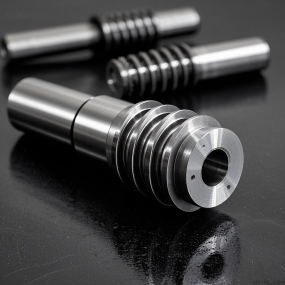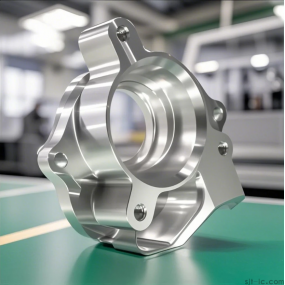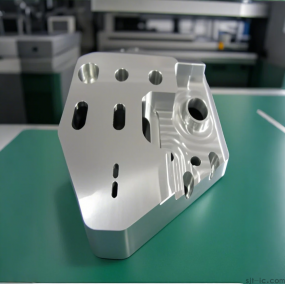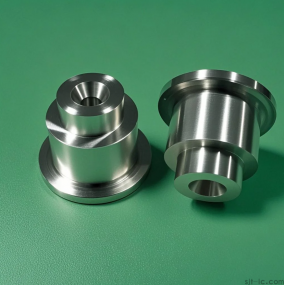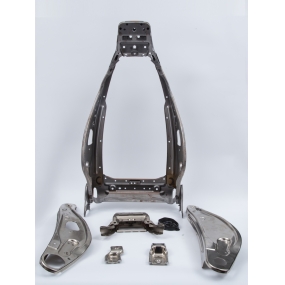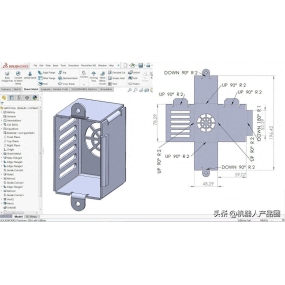As a leading CNC Machining specialist, EMAR Company provides high-quality solutions for manufacturing CNC lock nuts. This guide explores the technical process, material selection, and quality control measures to ensure reliable anti-loosening performance.
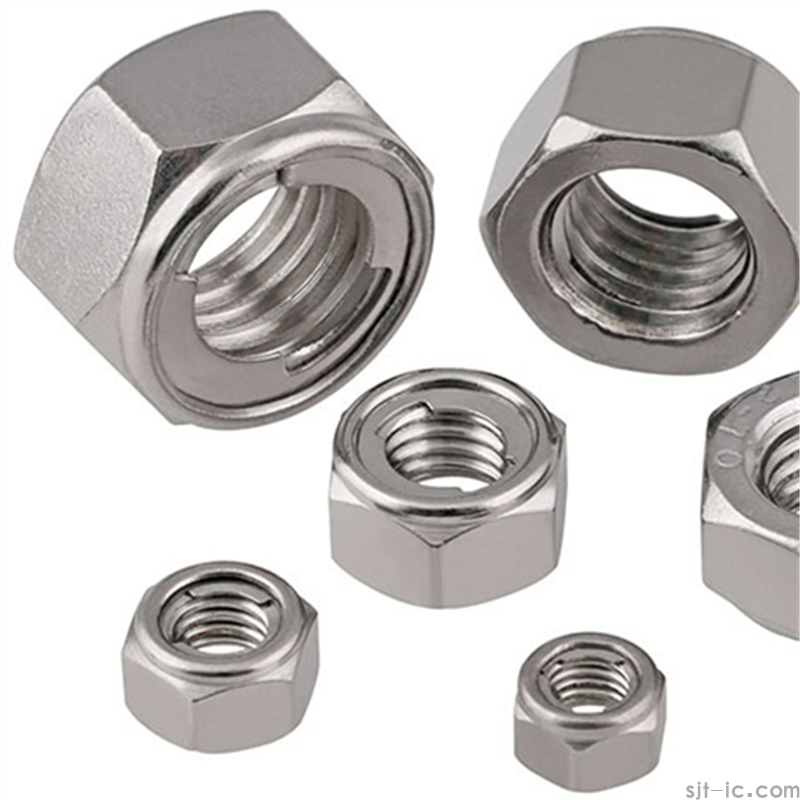
Understanding CNC Lock Nut Machining
CNC lock nuts require precise threading and deformation control to achieve their anti-vibration properties. Our 5-axis CNC machines maintain tolerances within ±.01mm, crucial for creating the interference fit that prevents loosening under dynamic loads.
Key Manufacturing Steps
1. Material Selection: Typically using grade 8.8/10.9 steel or 304/316 stainless steel
2. Precision Turning: Creating the basic nut profile with controlled wall thickness
3. Thread Cutting: Producing accurate threads with specialized CNC toolpaths
4. Deformation Processing: Forming the locking feature (nylon insert, metal flange, or distorted thread)
5. Surface Treatment: Applying zinc plating or other coatings for corrosion resistance
EMAR's Quality Assurance
We implement vibration testing (per DIN 65151) and torque-angle measurement to verify locking performance. Our CNC machining center in Shanghai maintains ISO 9001 certification, ensuring consistent quality for aerospace, automotive, and industrial applications.
For custom lock nut requirements, contact EMAR's engineering team through our website https://www.sjt-ic.com/ for technical consultation and prototyping services.


 Spanish
Spanish Arabic
Arabic French
French Portuguese
Portuguese Belarusian
Belarusian Japanese
Japanese Russian
Russian Malay
Malay Icelandic
Icelandic Bulgarian
Bulgarian Azerbaijani
Azerbaijani Estonian
Estonian Irish
Irish Polish
Polish Persian
Persian Boolean
Boolean Danish
Danish German
German Filipino
Filipino Finnish
Finnish Korean
Korean Dutch
Dutch Galician
Galician Catalan
Catalan Czech
Czech Croatian
Croatian Latin
Latin Latvian
Latvian Romanian
Romanian Maltese
Maltese Macedonian
Macedonian Norwegian
Norwegian Swedish
Swedish Serbian
Serbian Slovak
Slovak Slovenian
Slovenian Swahili
Swahili Thai
Thai Turkish
Turkish Welsh
Welsh Urdu
Urdu Ukrainian
Ukrainian Greek
Greek Hungarian
Hungarian Italian
Italian Yiddish
Yiddish Indonesian
Indonesian Vietnamese
Vietnamese Haitian Creole
Haitian Creole Spanish Basque
Spanish Basque

